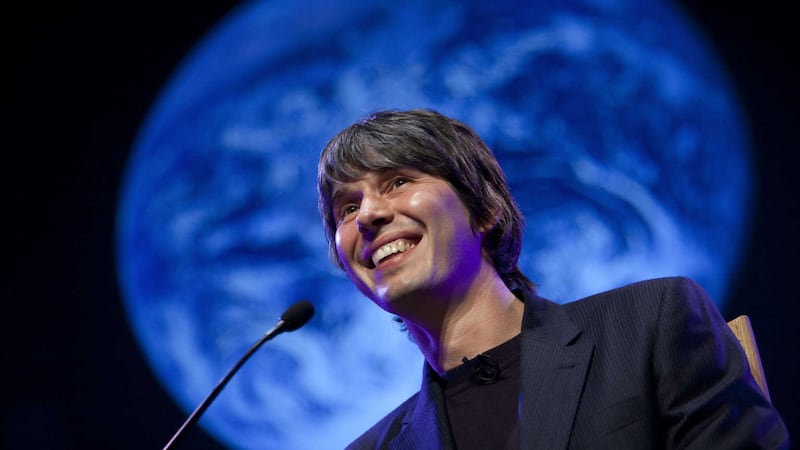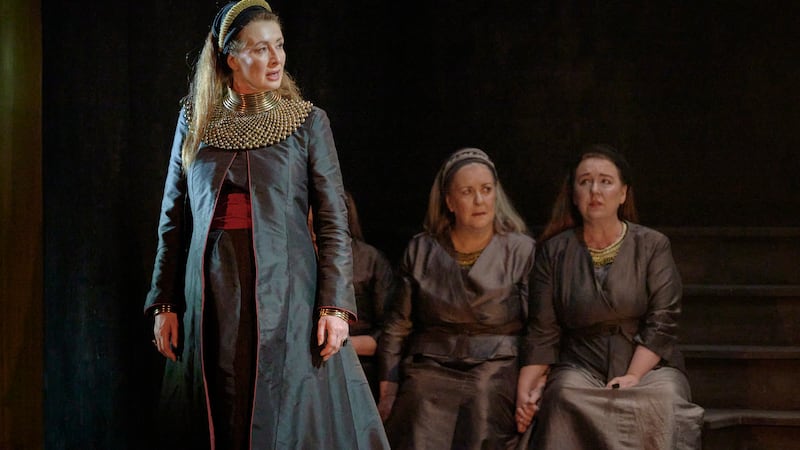Go mbeannaí Dia daoibh, welcome tinkers, tailors, soldiers and spies to the Bluffer’s Guide to Irish.
Right, let’s take a break from verbs and look at how to tell people what you do for a living.
It could be your boy/girlfiend’s mother checking your credentials or a policeman or someone just being nosy.
Cad é an obair atá agat? - what work do you do? is how you ask someone what their job or profession is.
The way you answer is to say is ... mé as in is innealtóir mé - I’m an engineer or is múinteoir é - he’s a teacher or is glantóir í - she’s a cleaner.
(In his short life, the Bluffer has seen the extinction of the bus conductor, the milkman, the travelling salesman, the lamplighter and the Gerry Adams impersonator. I’m sure you can think of many more.)
There is another way of describing someone by the work they do, by saying the profession or job followed by ... atá ann or atá inti etc.
Sin Peadar, iriseoir atá ann - that’s Peter, he’s a journalist or sin Máire, banaltra atá inti - that’s Mary, she’s a nurse.
Now when you’re speaking like a native, you would pronounce the atá ann like it were at’ann and forget about the -á in atá.
Talking about yourself you would use ionam as in gruagaire atá ionam - I am a hairdresser/barber.
The construction literally means a hairdresser is in me which might sound a bit odd, but there ye go.
The full list is ionam - in me, ionat - in you, ann - in him, inti - in her, ionainn - in us, ionaibh - in you (pl) and iontu - in them.
And this little construction works with more than just professions.
You could say daoine deasa atá iontu - they are nice people or praiseach a bhí ann - it was a disaster.
Cé atá ann? means who is it?
So think of your friends an acquaintances and say what jobs they do.
It could be Síle,bean tí atá inti - Síle, she’s a housewife or fiaclóir atá in Brian - Brian is a dentist.
Look up a dictionary if you have friends who are rheumoltogists or if they describe themselves as a Marketing Ninja or anything with the word guru in it.
And don’t forget the makey-uppy job titles that make people feel important.
A waste management and disposal technician will always be a binman, a field force agent is just a tax collector and your surly Customer Experience Enhancement Consultant is really just a shop assistant, although many of these individuals might be great at their jobs.
However, there are many people who do not have work for one reason or another.
So when you ask someone what their job is, they might reply tá mé ar an dól - I am on the dole (formerly I am on the buroo).
Or they might say tá mé dífhostaithe - I am unemployed.
Then there are people who have left the daily grind behind them and who show an interest in advertisements for stair lifts and non-slip baths that they hadn’t noticed before.
Tá mé ar scor - means I am retired.
So there you have it, the world of employment in one easy-to-read Bluffer.
CÚPLÁ FOCAL:
Cad é an obair atá agat? (cadge ay un ubber ataa ugut) - what work do you do?
is innealtóir mé(iss inyiltore may) - I’m an engineer
is múinteoir é(iss moontchore ay) - He’s a teacher
is glantóir í(iss glantore ee) - she’s a cleaner
Sin Peadar, iriseoir atá ann(shin padder, irishore ataa un) - that’s Peter, he’s a journalist
Sin Máire, banaltra atá inti(shin myra, banaltra at’intchee) - that’s Mary, she’s a nurse
gruagaire atá ionam (grooeegera at’unam) - I am a hairdresser/barber
ionam(unam) - in me, ionat(unat) - in you, ann(un) - in him, inti(intchee) - in her, ionainn(uneen) - in us, ionaibh(univ) - in you (pl) iontu(untoo) - in them
daoine deasa atá iontu(deenee jassa at’untu) - they are nice people
praiseach a bhí ann(praashakh a vee un) - it was a disaster.
Cé atá ann? (cay at’un) - who is it?
tá mé ar an dól(taa may er un dole) - I am on the dole
tá mé dífhostaithe(taa may jee-awsteeha) - I am unemployed
tá mé ar scor(taa may er skor) - I am retired


